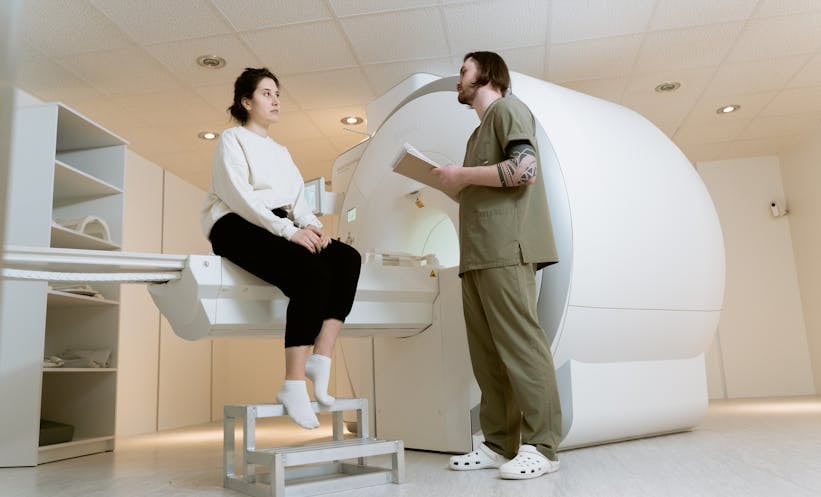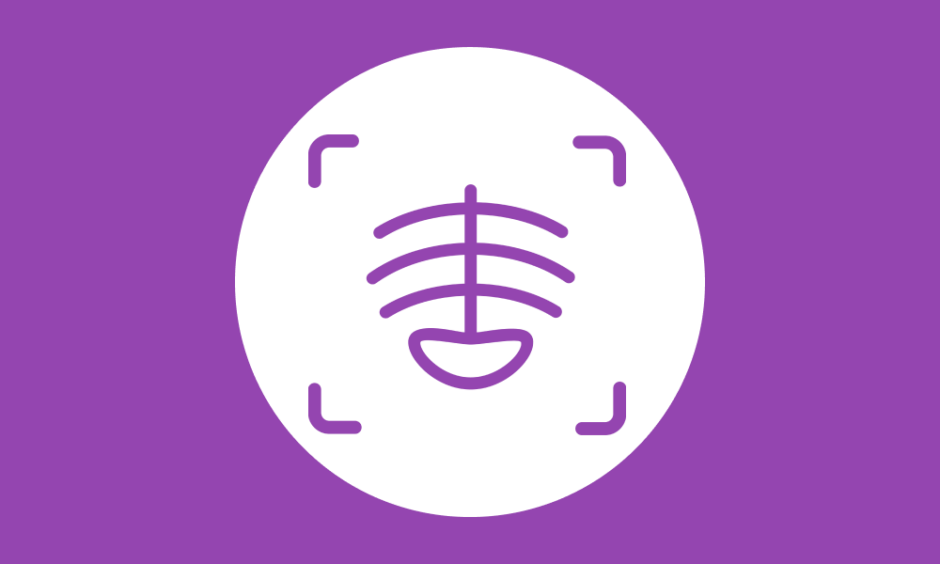WOMEN carrying high-risk genetic variants linked to breast cancer are nearly ten times more likely to undergo breast MRI than those with lower risk, according to recently-published research.
The study examined the impact of genetic testing and risk counselling on MRI screening adherence. It found that women with inherited pathological variants who consulted their doctors about breast cancer risk had significantly higher MRI uptake compared to those at lower risk.
“These findings are particularly valuable for radiologists, as they highlight the importance of a multidisciplinary team approach in managing care for high-risk patients,” the research team highlighted when discussing the importance of their findings.
Supplemental MRI screening is recommended for women with elevated breast cancer risk. However, the influence of genetic testing on MRI uptake has not been widely studied. Dr Naghi and her team analysed trends in MRI usage following counselling and multiplex gene panel testing (MGPT), which screens for multiple cancer susceptibility genes simultaneously.
The study involved 638 women, averaging 50.7 years old, who underwent testing between 2014 and 2016. Surveys assessing MRI screening adherence were conducted at intervals ranging from three months to four years post-counselling.
Participants were grouped by genetic test results and calculated lifetime risk using the Tyrer-Cuzick model. Those with high-risk variants, such as BRCA mutations, were nearly 16 times more likely to undergo early MRI screening consistently than women with a lifetime breast cancer risk below 20%. “These results should reassure radiologists that with proper genetic testing and counselling, patients are likely to adhere to MRI screening guidelines,” the authors noted.
The team concluded that radiologists should advocate for genetic counselling and testing, empowering women to optimise their breast cancer care through early detection.
Reference
Naghi LA et al. Breast cancer MRI screening of patients after multiplex gene panel testing. JAMA Netw Open. 2025 ;8(1):e2454447.








